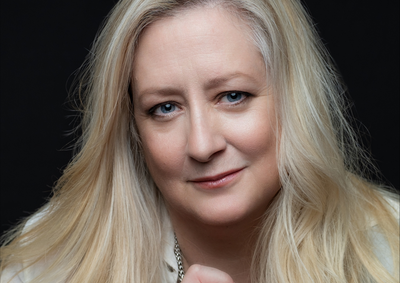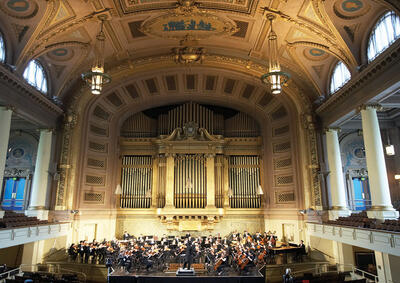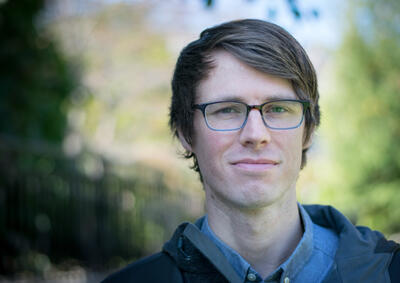Alumni Norman and Hearne Looking to Flip the Script at USC
San Francisco Classical Voice
By Brett Campbell
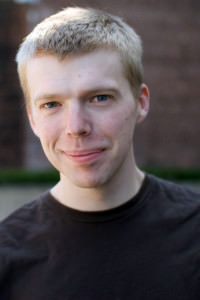
Last year, the University of Southern California’s Thornton School of Music found itself with a couple of openings on its composition faculty. To no one’s surprise, one of the West Coast’s most renowned schools received more than 200 applications, mostly from exceptionally well-qualified composers with the usual pedigrees: doctoral degrees, strong recommendations, and the rest. But for a university with a fairly traditionalist reputation, its ultimate choices came as a surprise: Neither Ted Hearne nor Andrew Norman, two composers in their early 30s from the indie new-music capital of Brooklyn, was an academic. Rather, they were two of the leading lights of that city’s burgeoning new-music scene.
“We were not looking for the ‘standard’ academically trained composer, even though they all are, including Andrew and Ted,” both of whom have doctoral degrees from top schools, says Chair of Composition Department Donald Crockett, who headed the search committee. “If they had only been trendy composers, we wouldn’t have been interested. But they both had a unique combination of creative talent and strong training and ability to be productive faculty members. We wanted to be sure we were getting composers who are not academically entrenched. We wanted a fresh look.”
They got what they were looking for. Hearne, who grew up in Chicago (where he was born in 1982) and has lived in New York for the past 15 years, boasted degrees from Manhattan School of Music and Yale School of Music, a fellowship from the American Academy of Arts and Letters, the ASCAP Morton Gould Young Composer Award in 2008 and 2012, and commissions from the Los Angeles Philharmonic and other traditional institutions, plus work with new-music ensembles like the San Francisco choir Volti and the New York electric guitar quartet Dither.
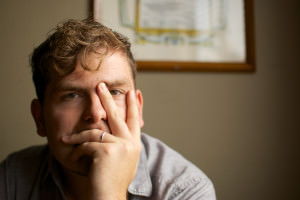
Yet he also had a strong relationship with popular music, including hip-hop, having worked with Erykah Badu, recorded an indie rock album, conducted the avant-garde ensemble Red Light New Music, directed the new-music collective Yes Is a World, played piano in the uncategorizable nonet Your Bad Self, and cofounded the electronic duo R We Who R We.
“Up till now we haven’t had a composer as actively interested in downtown as we have in Ted,” Crockett says, referring to the old shorthand for nonacademic, experimental new music, “and that was part of the attraction for wanting him to join our faculty.” He’d been especially impressed by Hearne’s 2009 Gaudeamus award-winning, hour-long, dramatic song cycle, Katrina Ballads,composed to found texts drawn entirely from the first week of the hurricane disaster in New Orleans, which incorporated influences ranging from jazz to hip-hop to minimalism.
Norman’s slightly more conventional resume includes several major composition awards such as the Rome Prize; commissions from the L.A. Philharmonic, Orpheus, and other orchestras; and degrees from both Yale and USC. “Andrew was my student at USC, and I’ve known since he was a freshman that he is one of the most promising composers of his generation,” Crockett recalls. “In Andrew’s music, you can hear his American academic training, but he also spent a year in Rome and Berlin, doing first-hand exploration of recent European trends.” Norman’s string trio, The Companion Guide to Rome, was a runner-up for the 2012 Pulitzer Prize in music.
“One of the things about my career that’s different from my Brooklyn colleagues is that I work with orchestras and chamber orchestras, more of the old-school model,” Norman explains, “as opposed to the sort of grassroots and local, build-yourself-a-career model, which is so much of what’s going on in Brooklyn these days.”

